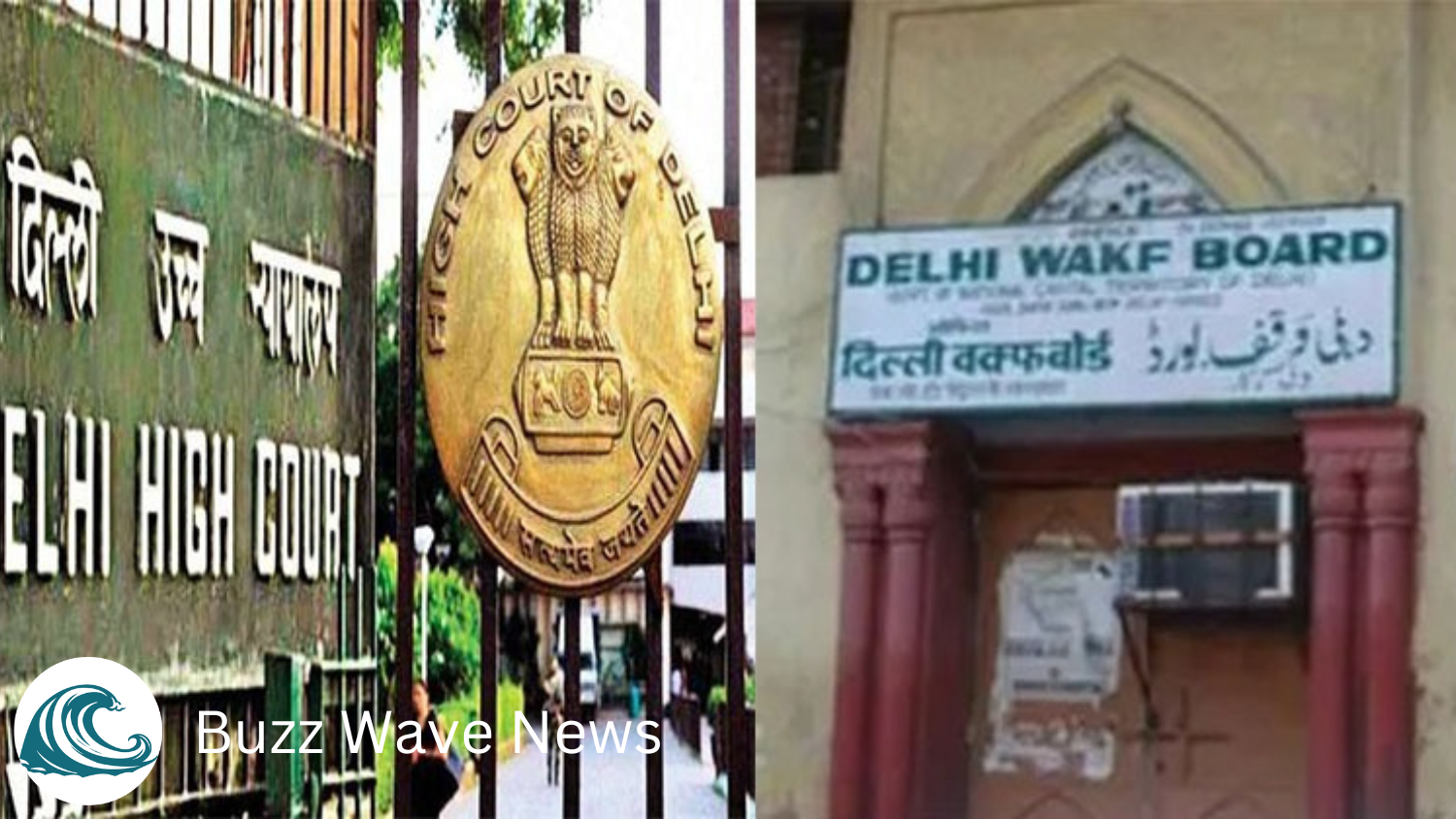India is on the brink of a significant legislative reform that could reshape the way Waqf Boards manage properties across the country. The proposed changes aim to curtail the expansive and, in many cases, unchecked powers that Waqf Boards currently wield in designating properties as their assets. This potential reform is set against a backdrop of increasing scrutiny and debate over the management of Waqf properties, which are meant to be used for religious, charitable, and educational purposes under Islamic law.
Understanding the Waqf System
The Waqf system in India, rooted in Islamic tradition, involves the dedication of assets or properties for religious or charitable purposes. These assets are managed by Waqf Boards, which are state-level statutory bodies established to oversee and administer these properties. The intention behind Waqfs is noble: to support mosques, madrasas, and other institutions dedicated to the welfare of the community.
However, concerns have emerged about the broad and sometimes arbitrary powers held by these boards. Critics argue that Waqf Boards have been able to claim various properties as Waqf assets, often without adequate verification or due process. This has led to disputes and controversies, especially when such claims impact private landowners or other stakeholders.
Current Issues with Waqf Boards
The powers of Waqf Boards to designate properties as Waqf assets have been a point of contention. Issues include:
- Disputes Over Property Ownership: There have been numerous cases where properties, including valuable urban land, have been claimed by Waqf Boards without proper documentation or legal procedures. This has led to conflicts between private landowners and Waqf authorities.
- Lack of Transparency: The process through which properties are designated as Waqf assets is often criticized for its lack of transparency. Property owners and the public have raised concerns about the arbitrary nature of these claims and the lack of clear guidelines.
- Mismanagement of Assets: There are allegations of mismanagement and misuse of Waqf assets. Critics argue that some Waqf Boards have failed to properly manage and utilize the properties, leading to decay and underutilization of potentially valuable assets.
Proposed Reforms: What’s on the Table?
In response to these issues, the Indian government is considering a legislative overhaul aimed at restricting the powers of Waqf Boards. Key aspects of the proposed reforms include:
- Stricter Verification Processes: The reforms propose instituting more rigorous verification processes before a property can be declared a Waqf asset. This is intended to ensure that properties are genuinely used for the purposes intended under the Waqf system.
- Increased Transparency: One of the core goals of the reform is to enhance transparency in the management and designation of Waqf properties. This includes making the processes more open and accessible to the public and stakeholders.
- Review and Appeals Mechanism: To address grievances related to property claims, the proposed reforms include setting up a review and appeals mechanism. This would allow property owners and other affected parties to challenge and contest claims made by Waqf Boards.
- Accountability Measures: The reforms are also expected to introduce stronger accountability measures for Waqf Boards. This includes regular audits and oversight to ensure that the properties are managed effectively and in accordance with the intended purposes.
- Clarification of Powers: The reform seeks to clarify the extent and limitations of the powers vested in Waqf Boards. This would help delineate what can and cannot be done with Waqf properties, thereby reducing potential misuse.
Potential Impact of the Reforms
The proposed reforms could have far-reaching implications:
- For Property Owners: If implemented, these reforms could protect private property owners from arbitrary claims by Waqf Boards. It could provide a clearer legal framework and recourse for individuals and entities whose properties might be unjustly claimed.
- For Waqf Boards: The reforms could lead to a more structured and accountable management system. Waqf Boards would need to adapt to stricter guidelines and processes, which could improve their operational efficiency but also increase their regulatory burden.
- For the Public: Enhanced transparency and accountability could restore public confidence in the Waqf system. By ensuring that properties are used as intended, the reforms could reinforce the positive role of Waqf assets in supporting community welfare.
- For Legal and Administrative Frameworks: The reform would likely prompt a review and overhaul of existing legal and administrative frameworks related to Waqf properties. This could lead to a more streamlined and coherent system for managing religious and charitable assets.
The Road Ahead
As discussions around these reforms continue, several questions remain about the exact details and implementation of the proposed changes. Key considerations include:
- Legislative Process: The reforms will need to navigate the legislative process, which includes drafting, debating, and passing new laws. Stakeholder consultations and public feedback will play a crucial role in shaping the final version of the reforms.
- Implementation Challenges: Even after the legislative changes are enacted, there will be challenges in implementing the new guidelines. Ensuring that Waqf Boards adhere to the new processes and that the review mechanisms function effectively will be critical.
- Balancing Interests: Striking a balance between protecting property rights and preserving the integrity of the Waqf system will be a delicate task. The reforms will need to address the concerns of all stakeholders while ensuring that the original charitable and religious objectives of the Waqf system are upheld.
The potential reform of Waqf Board powers represents a significant shift in the management of religious and charitable properties in India. By addressing the issues of transparency, accountability, and property rights, these changes aim to create a more equitable and effective system. As the legislative process unfolds, it will be crucial to monitor developments and engage with stakeholders to ensure that the reforms achieve their intended goals without undermining the positive contributions of the Waqf system.















